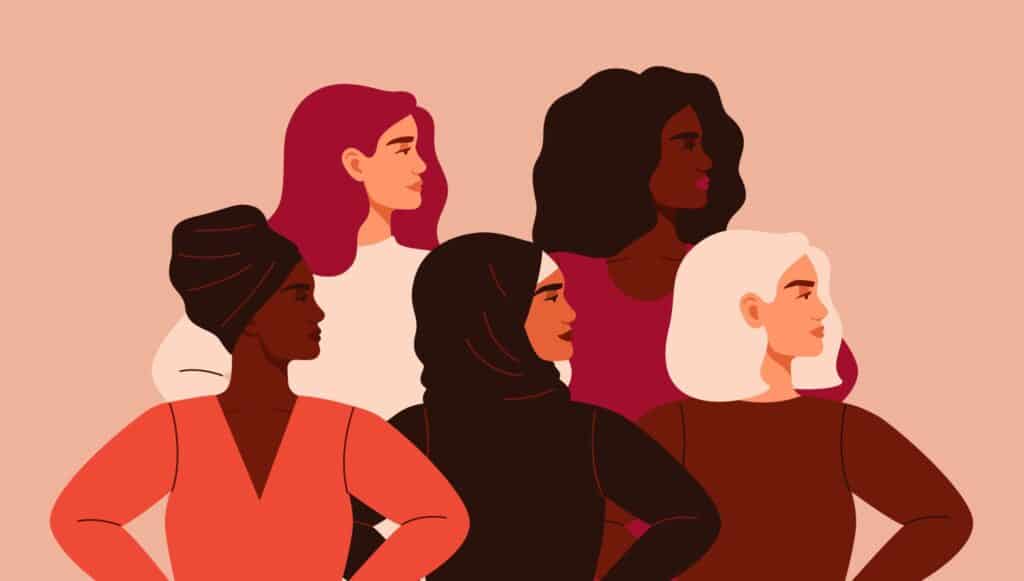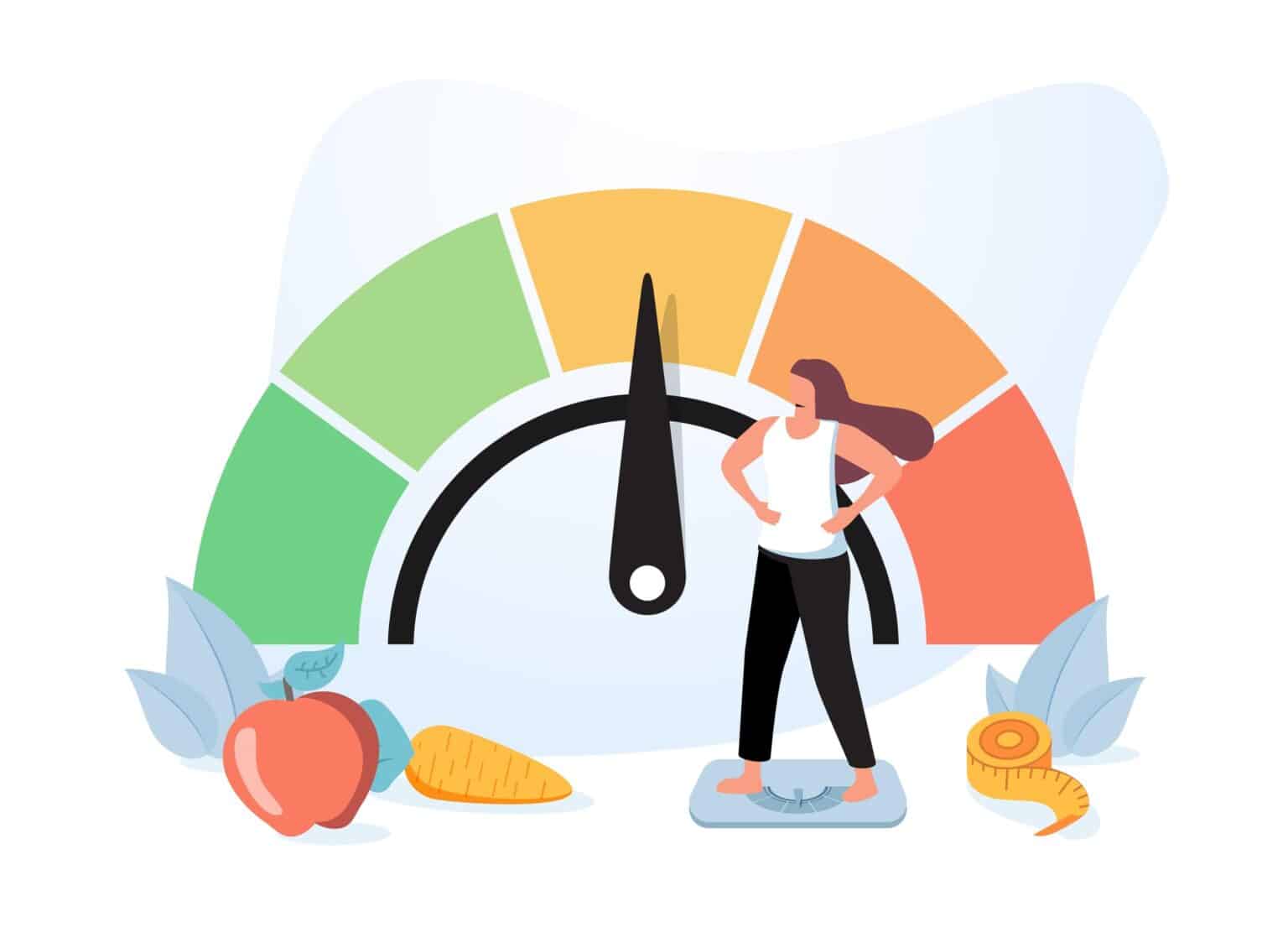Blog

How to Stop Comparing Yourself and Live a Full Life
Countering Comparison – New Year, New You? Or New Year, True You?
Who are you truly?
Are you the sum of your parts? Or a sum of reductionist comparative subtractions?
Do you build your sense of self-worth on the fragile foundations on all you aren’t as opposed to all you are?
Are you seeking to be what or who you want to be, or who/ what you feel you should be.
As opposed to adding to our lives, building our sense of self-worth, and boosting our self-esteem, comparison is the art of subtraction.
We may consciously, or subconsciously, consistently compare ourselves to others – from our bodies, our dietary habits, our lifestyles, and our achievements – or therein lack of.
As opposed to serving as an incentive for self-improvement, such comparisons often result in self-decimation, self-punishment, purgation, and negative self-perceptions.
The act of comparison, therefore, can be understood as a singularly be a surface act – after all, how often do we compare how kind we are, how loving we are, or how giving we are?
It is by nature an inherently isolating endeavour; for, how can we form meaningful connections with others if we are either looking for flaws within ourselves or them? How can we create a life of abundance if we’re always feeling deficient?
Maybe 2021 isn’t the year in which you should seek to be a new you, but perhaps the year in which you should try to be the true you and accept all you are, as opposed you all you aren’t.
Social Comparison Theory – How & Why We Compare
Social comparison theory suggests that there are three types of comparison-based appraisals:
- self- evaluation
- self-improvement
- self-enhancement
Self-evaluation based appraisals are often used as a means to gain information or knowledge about where we stand in relation to others in terms of attributes, physical or otherwise, skills, and social expectations
e.g. how does my body size or shape compare to my peers.
Whereas, self-improvement comparisons may be, in accord with this theory, act as a way to learn how to improve a certain characteristic, quality or attribute
e.g. how could I learn from her how to be more attractive.
Self-enhancement comparisons are understood to be mechanisms of self-esteem and self-worth preservation, and may allow us to maintain (or attain) positive views about ourselves – often to the detriment of others. Literature suggests that self-enhancement comparisons entail discounting information as not being relevant to ourselves and describing others as inferior or lesser
e.g. she may be slim, but she has no sense of humour [1].
Researchers have determined, in culmination with social comparison theory, upward (e.g. comparing yourself perceived to be more attractive) are detrimental insofar as they related to low appearance evaluation, decreased body image satisfaction and may contribute to disordered eating behaviours [2].
Whereas, the opposite pattern of associations was found for downward comparisons – that is, subjects felt better about themselves and their body image when comparing themselves to those they perceived as less attractive.
Yet, should we really build our sense of self-worth, self-value, and self-esteem on the destruction of ourselves or the decimation of another’s appearance, characteristics or attributes?
Comparison often takes the form of physical comparison or lifestyle/ materialistic comparison – and fundamentally comparing attributes that may be beyond our control.
Studies suggest that comparison targets perceived as being similar, i.e. in terms of age, gender, achievements, etc to ourselves are liable to have a greater impact on the outcome of the comparison than someone perceived as dissimilar. For instance, we are liable to more heavily identify with others we see on social media sites such as Instagram or Facebook, as opposed to far removed Hollywood stars in mass media.
So how do you stop, or at least reduce, the subconscious compulsion to find fault with yourself or others?
Countering Comparison
ONE. Choose Self-Compassion & Self-Acceptance
Focusing on that which we believe ourselves to lack, denies us the opportunity to appreciate all we already have and all that we already are.
Cultivate self-compassion and self-acceptance by removing self-judgement and comparison (i.e. “she is prettier than me” or seeking to “be more attractive than others”) and instead try to love, or at least acknowledge, yourself and/ or your body for all you can do, and all of that which you as an individual have to offer.
Does being more or less of something enrich your life? Does it add fullness to your existence? If not, then ditch these on ideas and focus on how you are enough and find gratitude for having the ability to grow, change, and develop as a person.
Additionally, when we find peace within ourselves, we are more able to appreciate the what we admire in others more objectively.
TWO. Choose Connection
As mentioned, being preoccupied with consistent self-comparison denies you the opportunity to form meaningful connections with yourself as well as others.
How often have you stopped yourself from pursuing something or someone because you have felt as though you’re ‘nothing special’ in contrast to others?
Comparison is an isolating and introverted activity in which we turn so far inwards to engage in self-analysis, we’re liable to miss out the beauty and rawness of the world around us and every life-affirming activity it has to offer.
Instead of, for example, engaging in bodily comparisons and looking for all the ways in which you are more or less than another, shift your focus to fostering a sense of connected embodiment – that is, the experience of engaging your body with the world.
So, your arms may not be as toned or lean, or muscular, or whatever else diet culture deems to be normatively attractive; but those arms enable you to hug those you love, to physically reach out and seize the world.
THREE. Choose Actions Over Outcomes
The act of comparison teaches us to fixate on the outcome – e.g. loosing x amount of weight to be deemed more attractive, as opposed to the positive and life-enhancing habits we may pick up along the way.
Outcome based goals, to a certain extent offer an objective means to compare ourselves to others – they may be used as self-destructive bench mark. However, we cannot control outcomes – for instance, if you sough to achieve a certain dress size, adopt a certain dietary protocol, obtain a certain qualification anything that falls short can be construed as a failure and leave us feeling even more crushed by the weight of our own self-imposed expectations.
As opposed to seeking fixed outcomes, attempt to implement actions or habits that add to your life or move you closer towards a particular goal.
For instance, as opposed to setting the fixed end goal of being a (flawless) intuitive eater, focus on the daily habits (i.e., learning to recognise hunger and satiety signals, giving yourself unconditional permission to eat, etc) required to get you there.
References
- Krayer, A et al. (2007), ‘Social Comparison and Body Image in Adolescence: A Grounded Theory Approach’, Health Education Research, 23 (5), pp. 1-12. doi: 10.1093/her/cym076
- Ntoumanis, N (2020), ‘Self-Compassion and Need Frustration Moderate the Effects of Upward Appearance Comparisons on Body Image Discrepancies’, The Journal of Psychology, 154(4), pp.292-308. doi: 10.1080/00223980.2020.1716669
- Scully, M. et al (2020), ‘Social comparisons on social media: online appearance-related activity and body dissatisfaction in adolescent girls’, Irish Journal of Psychological Medicine, pp. 1-12. doi: 10.1017/ipm.2020.93













